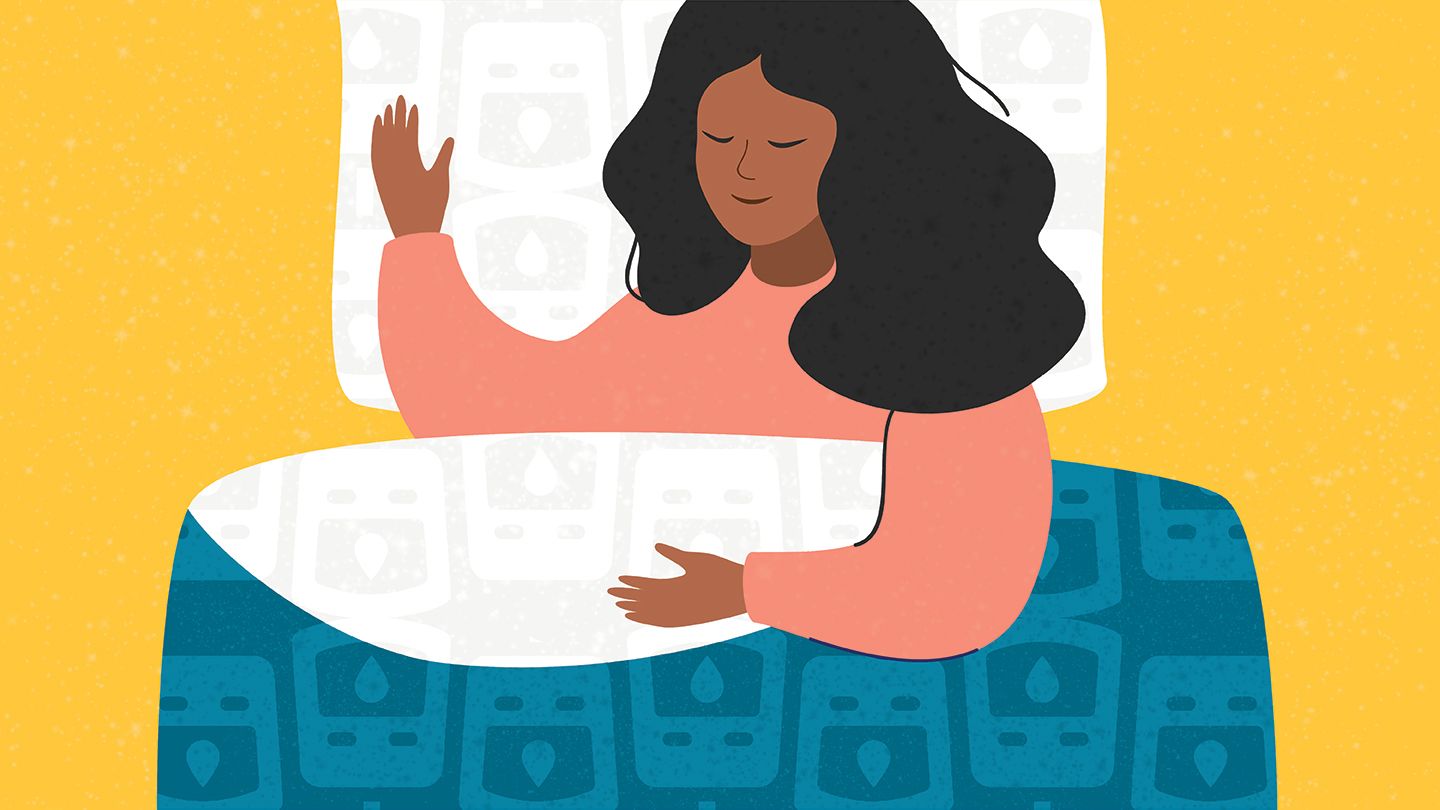After Obesity Surgery
Snooze to Lose: The Sleep and Weight Loss Connection
Lose weight while you sleep? It sounds too good to be true- but recent research indicates that there is a connection between how much you weigh and the amount of sleep you get per night.
SUmmary: 60 Second Read
Overview
When you’re short on sleep, it’s easy to lean on caffeine to get moving. You might be tempted to skip exercise (too tired), get takeout for dinner, and then turn in late because you’re uncomfortably full. If this happens sometimes it is okay. But the problem is, now-a-days most of the people have a similar schedule day in and day out. That is getting late to bed and needing to get up early to get to job or school resulting in lesser hours of sleep.
Your Sleepy Brain
Skimping on sleep sets your brain up to make bad decisions. It dulls activity in the brain’s frontal lobe, the locus of decision-making and impulse control.
So it’s a little like being drunk. You don’t have the mental clarity to make good decisions.
Plus, when you’re overtired, your brain's reward centers rev up, looking for something that feels good. So while you might be able to squash comfort food cravings when you’re well-rested, your sleep-deprived brain may have trouble saying no to a second slice of cake.
Research indicates that when people are starved of sleep, late-night snacking increases, and they are more likely to choose high-carb snacks. In another study done at the University of Chicago, sleep-deprived participants chose snacks with twice as much fat as those who slept at least 8 hours.
A second study found that sleeping too little prompts people to eat bigger portions of all foods, increasing weight gain.
Add it all together, and a sleepy brain appears to crave junk food while also lacking the impulse control to say no.
Sleep and Metabolism
Sleep is like nutrition for the brain. Most people need between 7 or more hours each night. (source)
Too little sleep triggers a cortisol spike. This stress hormone signals your body to conserve energy to fuel your waking hours.
Researchers found that when dieters cut back on sleep over a 14-day period, the amount of weight they lost from fat dropped by 55%, even though their calories stayed equal. They felt hungrier and less satisfied after meals, and their energy was zapped. (source)
Sleep deprivation makes you “metabolically groggy”. Within just 4 days of insufficient sleep, your body’s ability to process insulin- a hormone needed to change sugar, starches, and other food into energy- goes awry. Insulin sensitivity, the researchers found, dropped by more than 30%. (source)
Here’s why that’s bad: When your body doesn't respond properly to insulin, your body has trouble processing fats from your bloodstream, so it ends up storing them as fat.
So it’s not so much that if you sleep, you’ll lose weight, but that too little sleep hampers your metabolism and contributes to weight gain.
Tricks and Tips for a Better Night’s Sleep
In today’s world, snoozing can be difficult, particularly when all your screens (computers, TVs, cell phones, tablets) lure you into staying up just a little longer.
The basics are pretty simple:
- Shut down your computer, cell phone, and TV at least an hour before you hit the sack.
- Save your bedroom for relaxation rather than work or entertainment.
- Create a bedtime ritual. It's not the time to tackle big issues. Instead, take a warm bath, meditate, or read.
- Stick to a schedule, waking up and retiring at the same times every day, even on weekends.
- Watch what and when you eat. Avoid eating heavy meals and alcohol close to bedtime, which may cause heartburn and make it hard to fall asleep. And steer clear of soda, tea, coffee, and chocolate after 2 p.m. Caffeine can stay in your system for 5 to 6 hours.
- Turn out the lights. Darkness cues your body to release the natural sleep hormone melatonin, while light suppresses it.
Reference
- https://www.ncbi.nlm.nih.gov/pmc/articles/PMC3763921/
- https://news.uchicago.edu/story/sleep-loss-boosts-hunger-and-unhealthy-food-choices
- https://www.ncbi.nlm.nih.gov/pmc/articles/PMC2831987/
- https://www.cdc.gov/sleep/about_sleep/how_much_sleep.html
- https://www.ncbi.nlm.nih.gov/pmc/articles/PMC2951287/
- https://www.ncbi.nlm.nih.gov/pmc/articles/PMC3767932/







































































































